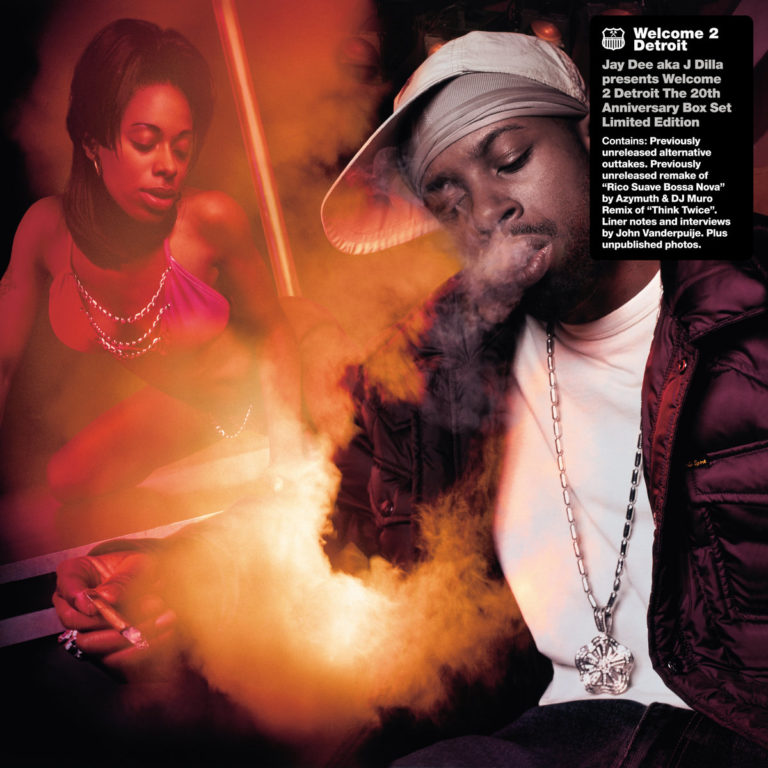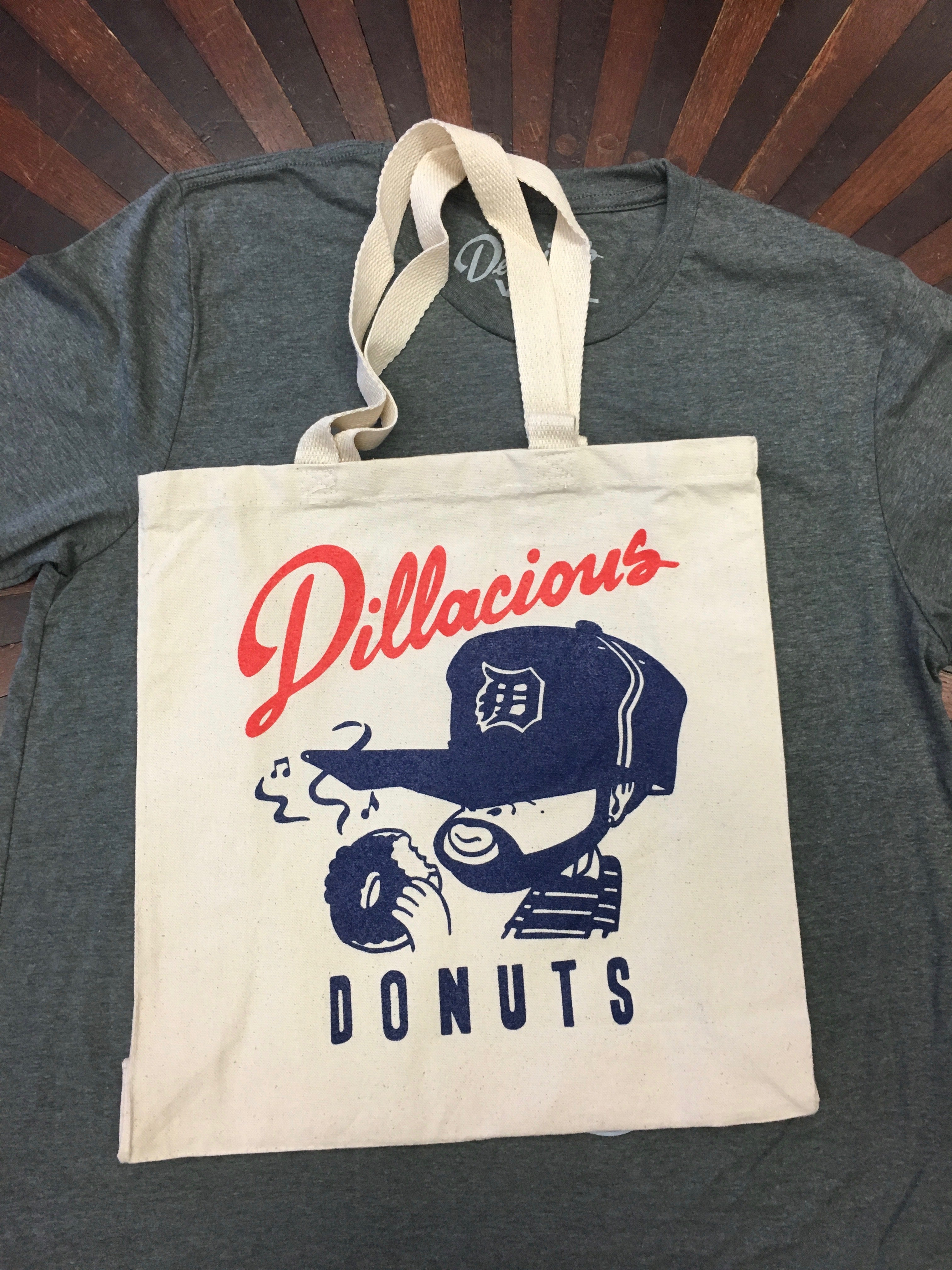

And sometimes he manages all three with neck-breaking economy. Nary a song on this project goes by without either a mention of wealth, an intimation of violence, or a dismissal of women. As a producer, he was thoughtful and intimate as a rapper he was brash, confrontational, and unrepentantly materialistic and misogynist. But precious little of that sentiment was to be found in his own raps. It was all prescient and revolutionary and it's exactly why MCA, his then-record label shelved his solo debut Pay Jay, the album that has been dusted off and presented to us almost a decade and a half later as The Diary.ĭilla's most noted collaborators had been progressive, socially conscious writers who waxed about the big ideas about their immediate society in grand terms.

At a time when hip-hop and and R&B pairings were still being done as mash-ups that simply dropped a dollop of peanut butter into a chocolate cup, Dilla was experimenting with new flavors and cutting-edge swirls of tastes. Along with his continued work with Tribe, his efforts on Q-Tip's Amplified*,* as well Common's Like Water for Chocolate* and Electric Circus, *Dilla provided a safe space for forward thinking hip-hop and smart R&B to meet on their own terms and grow beyond the sum of their parts. It goes back to at least 2002, years after Dilla had contributed to the then-flowering neo-soul movement by bringing a softened low end and melodic, hazy middles to Erykah Badu's Mama's Gun and D'Angelo's Voodoo.

These are the formative years, a pivotal part of the origin story that places him in the pantheon. But the tale behind The Diary twists the narrative.


 0 kommentar(er)
0 kommentar(er)
